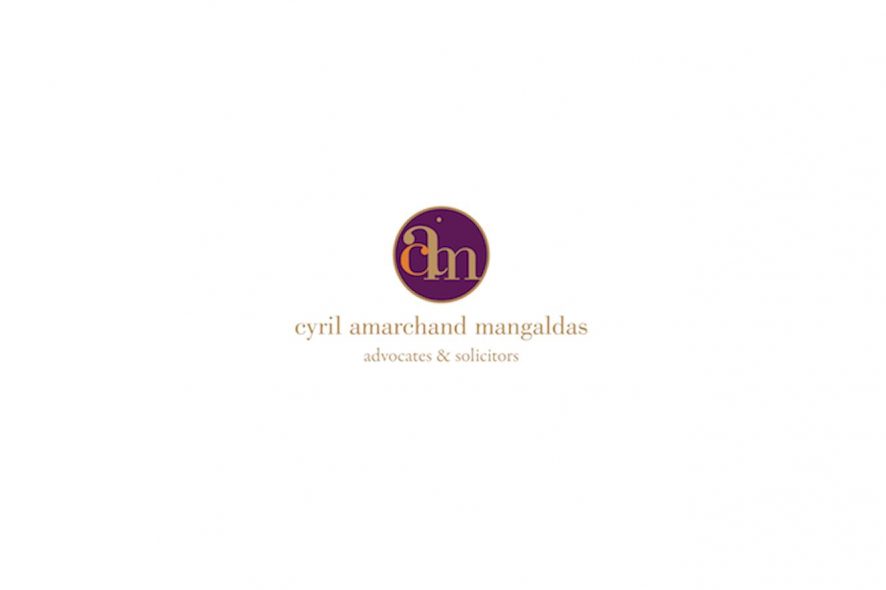In December 2018, the Competition Commission of India (CCI) amended the Competition Commission of India (General) Regulations, 2009 (General Regulations) and included a new regulation restricting advocates from accompanying individuals summoned by the office of the Director General (DG). Specifically, the newly inserted Regulation 46-A (2) of the Competition Commission of India (General) Amendment Regulations, 2018 does not allow advocates to, “sit in front of the person so summoned” and states that an advocate, “shall not be at a hearing distance and shall not interact, consult, confer or in any manner communicate with the person, during his examination on oath”.[1] In case of contravention of these conditions, the amendment states that an advocate may be held liable for misconduct, such that he or she may be disallowed from appearing before the DG and the CCI for a time period the CCI deems necessary. Additionally, in cases of misconduct, the CCI may also forward a complaint against the relevant advocate to the Bar Council of the State of which the advocate is a member.
Pursuant to the notification of this amendment, the Tamil Nadu Advocates Association (TNAA) along with the former Vice-Chairman of the Bar Council of Tamil Nadu and Puducherry filed a petition challenging the validity of the amendment on grounds of it violating provisions of the Advocates Act, 1961 and that it attempts to usurp the exclusive functions of the Bar Council of India with respect to undertaking disciplinary action against advocates. In this regard, on 4-1-2019, the Madras High Court (HC) issued an interim stay on the implementation of the amendment until further orders. In this context, currently there exists an inherent ambiguity with regard to the position of advocates vis-à-vis the amendment and the Competition Act, 2002.
Inherent Ambiguity and HC Interim Stay
The amendment is the first attempt to frame written rules and/or regulations on advocates accompanying persons summoned by the DG. Despite lack of such rules and regulations, in practice, advocates would, in any case, be placed in a position wherein he or she could not communicate, consult, or confer with the person being examined under oath. While this has now been codified in the amendment, there is additional language that states that an, “advocate shall not be at a hearing distance” from the person being examined under oath. This is a major concern and creates significant ambiguity, as advocates being placed in a different room from the person being examined becomes a real possibility.
Further, the amendment does not elaborate on what essentially constitutes “misconduct” and nevertheless goes on to detail methods of punishment that the CCI can impose on the advocate in cases of misconduct, which includes the ability to disallow an advocate to appear before the DG and CCI. This magnifies the amendment’s ambiguity, as an advocate’s misconduct is left to the subjective assessment of the DG at the time of the deposition/examination of a person under oath. Moreover, the ability to discipline such an advocate who engages in misconduct is also a prima facie encroachment of the powers of the Bar Council of India that is empowered to discipline advocates in accordance with the provisions of the Advocates Act, 1961. While the HC appears to have taken cognizance of the latter fact i.e. potential encroachment of the Bar Council of India’s powers and has issued an interim stay on the implementation of the amendment pursuant to the petition filed by TNAA, the inherent ambiguity of the amendment is yet to be examined as a ground for invalidity.
Prevalent Scenario
In light of the interim stay passed by the HC on the implementation of the amendment, there seems to be a procedural vacuum in relation to advocates accompanying persons summoned by the DG. Prior to the amendment, an advocate would accompany the person without any prior notification to the DG, if there existed an executed power of attorney in favour of the advocate. Presently, despite the interim stay of the HC, advocates duly authorised by a power of attorney to represent the person summoned by the DG must file a letter prior to the date of interrogation requesting that he or she can accompany the person summoned by the DG and the presence of an advocate during such an integration which is essential to the interest of the client is uncertain .
*Anshuman Sakle is a Partner with the Competition Law Practice at Cyril Amarchand Mangaldas and can be contacted at anshuman.sakle@cyrilshroff.com. Dhruv Rajain, Senior Associate can be contacted at dhruv.rajain@cyrilshroff.com and Balaji Venkatakrishnan, Associate can be contacted at balaji.venkatakrishnan@cyrilshroff.com with the Competition Law Practice at Cyril Amarchand Mangaldas.
[1] The Competition Commission of India (General) Amendment Regulations, 2018, available at <https://www.cci.gov.in/sites/default/files/regulation_pdf/193680.pdf>.








thanks for sharing this article such it is very useful information.